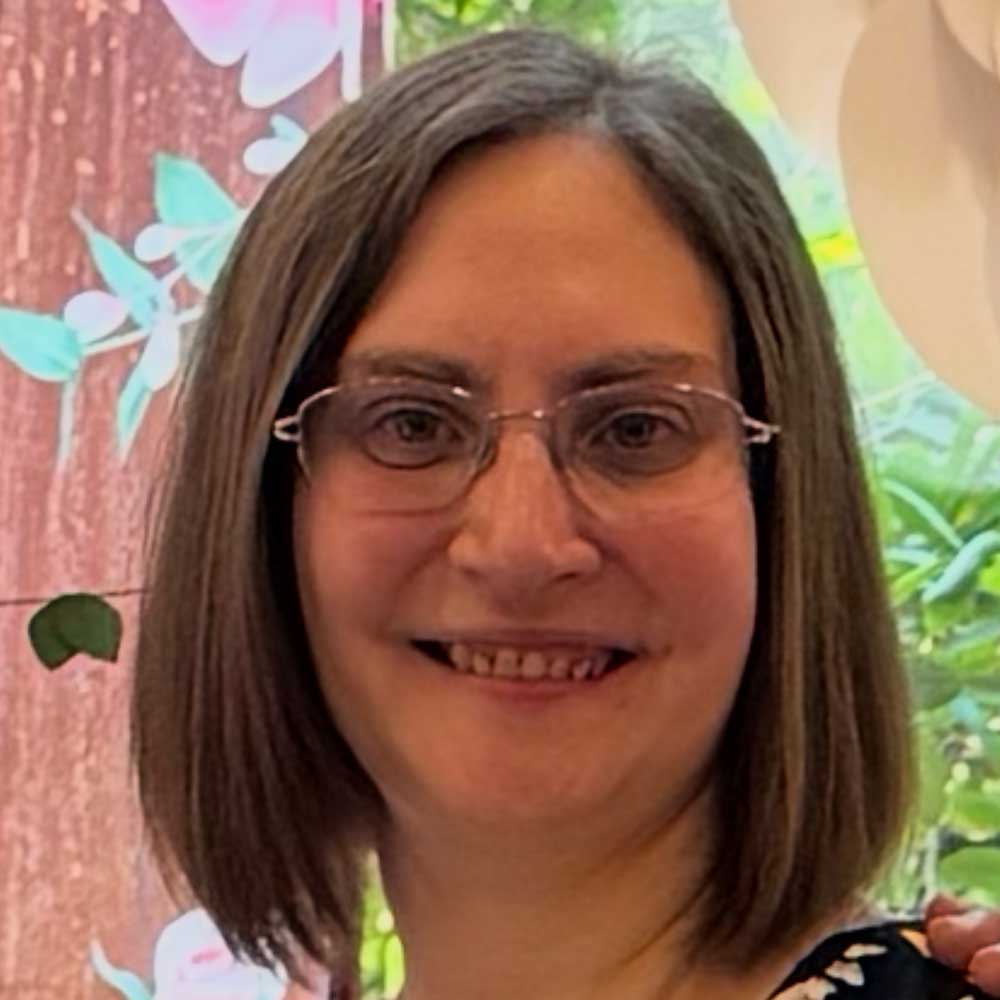
Presenter(s)
Event Details
Topic:
accessibility & UDL
Format:
lecture
Subject Level:
intermediate
Age Span:
preschool
kindergarten - grade 6
grades 7-12
Target Audience:
AT specialist
educator
occupational therapist
special educator
speech language pathologist
Professional Development Credits
IACET CEUs:
.01 CEU
ACVREP CEs:
1 CE
Presentation Length: 1 hour
Date and Time (Central Daylight Time):
- October 23, 2025
- 8:00 AM - 9:00 AM
Location:
Atrium 1
Description:
This interactive session explores practical strategies for adapting curriculum in both self-contained and general education classrooms to support students with complex communication needs. Attendees will learn how to implement adaptive tools for reading, writing, and communication that enhance accessibility and engagement. The session will include demonstrations of assistive technologies and instructional techniques that reduce access barriers and promote inclusion. Real-life student case studies will be shared to illustrate how these approaches can transform learning experiences and outcomes. Whether you’re a special educator, general education teacher, or support staff, you’ll leave with actionable ideas to break down barriers and make learning truly accessible for all.
Learning Outcomes:
As a result of this activity, participants will be able to:
• Identify at least three instructional strategies that support access to curriculum for students with complex communication needs, and align each strategy with the roles of educators and related service providers in inclusive or self-contained settings, utilizing reading, writing, and communication assistive technology tools.
• Describe how to integrate two or more assistive technology tools, such as accessible texts or AAC systems, into collaborative lesson planning to enhance communication and participation.
• Analyze student communication profiles and select appropriate supports, at least 1 (e.g., assistive technology tools, visuals, adapted materials, etc) that reflect the shared responsibilities of general educators, SLPs, OTs, and paraprofessionals.

Leave A Comment
You must be logged in to post a comment.